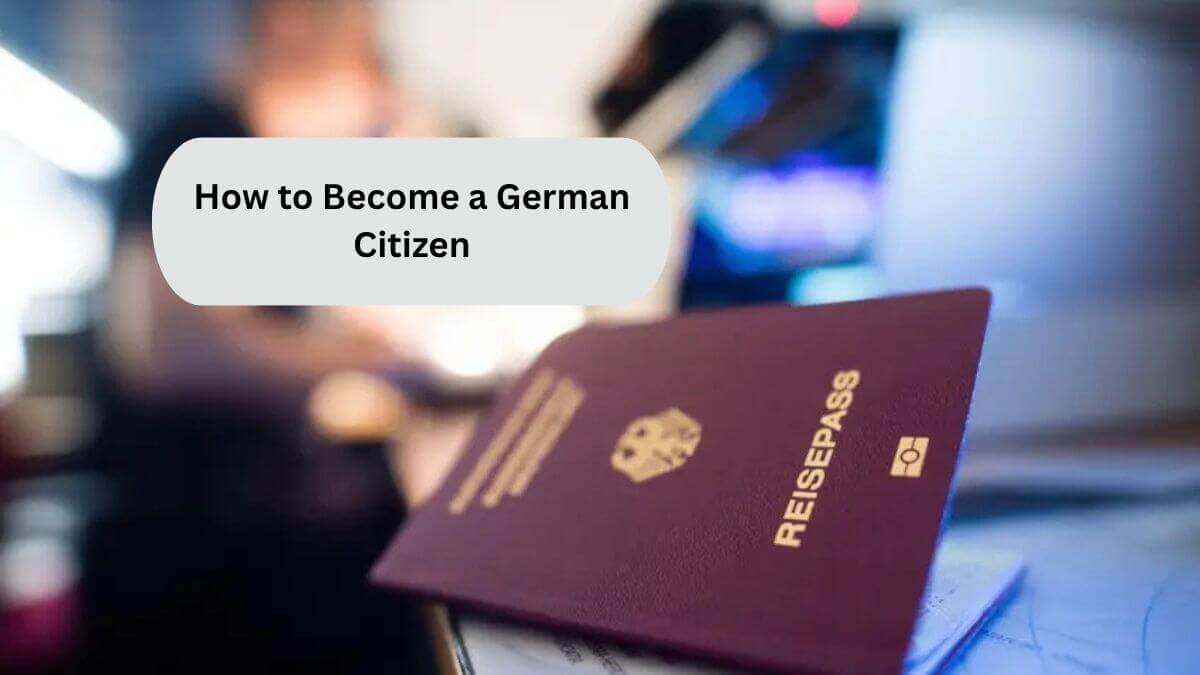Begin with a permanent residence permit and legal residence in Germany for a minimum of five years (standard) or three years if you demonstrate exceptional integration, such as achieving B1/C1 German proficiency, obtaining a degree, volunteering, or excelling professionally.You’ll need a B1-level German certificate, unless you qualify for the accelerated track with C1 and special integration credentials .
Pass the naturalization test covering constitutional law, society, history, and new civic questions including antisemitism awareness and recognition of Israel’s right to exist. Show financial self-sufficiency, with no dependency on social assistance (though unemployment I allowances don’t disqualify).Submit a clean criminal record and declaration of loyalty to Germany’s Basic Law, gender equality, democratic values, and historical responsibility .
Standard Naturalisation: Your Ticket to German Citizenship:
To qualify for Anspruchseinbürgerung (naturalisation by legal entitlement), you must meet all of these conditions:
| Requirement | Details |
|---|---|
| Residence Duration | You’ve lived legally in Germany for at least 5 years. |
| Identity Verification | You can prove your nationality and identity with valid documents. |
| Legal Status | You hold a permanent residence permit or equivalent long-term visa. |
| Self-Sufficiency | You financially support yourself and your family without relying on state aid. |
| German Language | You speak German at B1 level (CEFR) or higher. |
| Legal & Social Knowledge | You’ve passed a citizenship test or can show solid understanding of German laws, lifestyle, and society. |
| Democratic Commitment | You declare loyalty to Germany’s Basic Law and democratic values. |
| Historical Responsibility | You accept Germany’s historical responsibility and the protection of Jewish life. |
| No Criminal Record | You must not have any serious criminal convictions. |
| No Grounds for Exclusion | You must not fall under disqualifying conditions like extremist activity, polygamy, or certain visa categories. |
Fast-Track Citizenship in 3 Years? Yes, It’s Possible!
Germany offers an express route to naturalization in just three (03) years for those who show exceptional integration. To be eligible, you must:
- The same standard naturalization requirements that were previously mentioned must be satisfied.
- Demonstrate extraordinary integration efforts, such as academic excellence, civic engagement, or community service.
Red Flags: What Can Disqualify You?
Some scenarios can automatically block your path to citizenship:
Advertisement
- Polygamy is the practice of having multiple spouses at the same time.
- A criminal record that carries severe penalties, such as a daily fine of over $90 or a prison sentence of over three months.
- Conviction for offenses that are antisemitic, racist, or xenophobic
- Connections to terrorism or extremism
- Possessing temporary or non-permanent residence permits in accordance with legislation such as:
- §16 (language, apprenticeships, and study)
- Section 20a (Chancenkarte/Opportunity Card)
- §104c (Temporary detention for hardship).g temporary or non-permanent residence permits under laws like:
- §16 (study, internships, language)
- §20a (Chancenkarte/Opportunity Card)
- §104c (Temporary stay for hardship).
Check Also: High-Demand Occupations Facing Skill Shortages in Europe – Western Countries and Asia With Work Visa
Do You Qualify? Try the “Quick Check” Tool (Only in German for Now):
Want to check your eligibility in minutes? Germany’s Quick Check tool is a fast way to assess your status — but note: it’s only available in German right now https://www.xn--einbrgerung-whb.de/fragebogen.php?l=en.
Didn’t Meet All the Rules? There’s Still Hope: Discretionary Naturalisation:
Even if you don’t fully qualify, you might still become a citizen through Ermessenseinbürgerung (discretionary naturalisation). But you’ll still need to:
- Validate the duration of one’s residence
- Adhere to the democratic principles of Germany
- Ensure financial stability and social integration.
Every case is assessed individually, so strong motivation and documentation matter.
Frequently Asked Questions:
-
What are the main ways to obtain German citizenship in 2025?
The most common routes are:
Naturalization (after living in Germany legally for several years)
Citizenship by descent (if you have German ancestry)
Birth in Germany (under certain conditions)
Marriage to a German citizen (combined with residence) -
What is the standard residency requirement for naturalization in 2025?
you may qualify for naturalization after:
5 years of legal residence (standard requirement)
3 years if you show special integration achievements (e.g., excellent German skills, volunteer work, outstanding academic or professional performance) -
Do I need to give up my original citizenship?
No, in most cases. As of 2025, dual citizenship is generally allowed, especially for non-EU citizens, unless there are specific national security concerns or legal exceptions.






